Who? Sofie Edwards, counsel, Hausfeld, London.
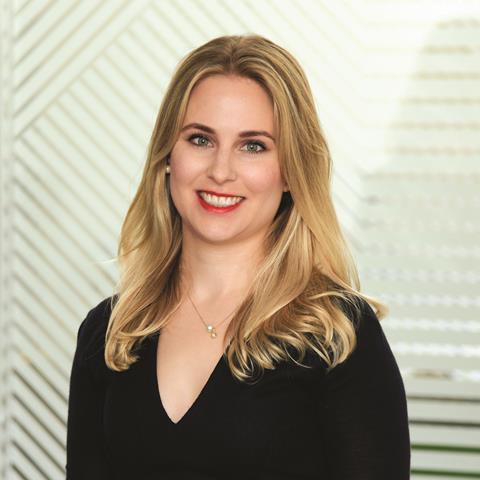
Why is she in the news? Successfully represented class representative Dr Rachael Kent in collective proceedings against Apple in relation to the tech giant’s App Store.
Thoughts on the case: ‘I find the case compelling because it moves beyond abstract legal arguments to address the real impact on consumers. The Competition Appeal Tribunal recognised that Apple’s practices – forcing developers to use its payment system and imposing high commissions – did not just affect developers but ultimately resulted in higher prices and fewer choices for everyday App Store users. Since these practices have been in place since the App Store’s inception in 2008, consumers have never experienced a market free from these restrictions, meaning nearly two decades of suppressed competition and innovation.
‘What stands out most to me is the judgment’s focus on redress. The tribunal acknowledged that when a dominant company like Apple imposes unfair conditions, the harm is not theoretical; it directly affects millions of consumers who pay more or miss out on innovative services. The willingness to consider meaningful remedies marks a shift towards ensuring competition law delivers tangible benefits for individuals, not just market participants.’
Apple said it strongly disagreed with the ruling and intends to appeal. ‘This ruling overlooks how the App Store helps developers succeed and gives consumers a safe, trusted place to discover apps and securely make payments. The App Store faces vigorous competition from many other platforms – often with far fewer privacy and security protections – giving developers and consumers many options in how they build, share, and download apps,’ it said.
Dealing with the media: ‘It was critical for us to prioritise clear, accessible communication that highlighted the case’s significance for class members. We ensured that reporting focused on relaying the case’s goal: obtaining redress for those affected by Apple’s restrictive practices. It was also important to us to use any opportunity to clarify that genuine competition – not dominance by large tech companies – drives economic growth and innovation.’
Why become a lawyer? ‘To help others and make a meaningful impact. Competition law attracted me because it combines legal and economic analysis, allowing me to address issues that affect society as a whole and ensure fair markets, benefiting both consumers and businesses on a broad scale.’

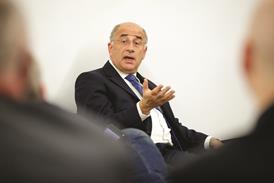
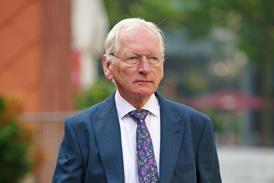





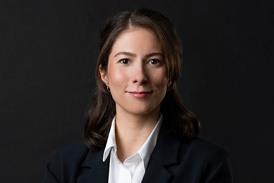
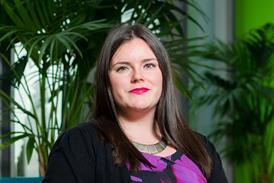


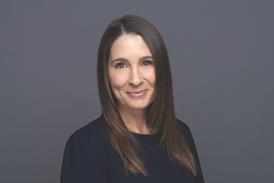






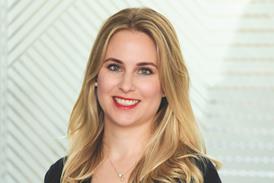











No comments yet